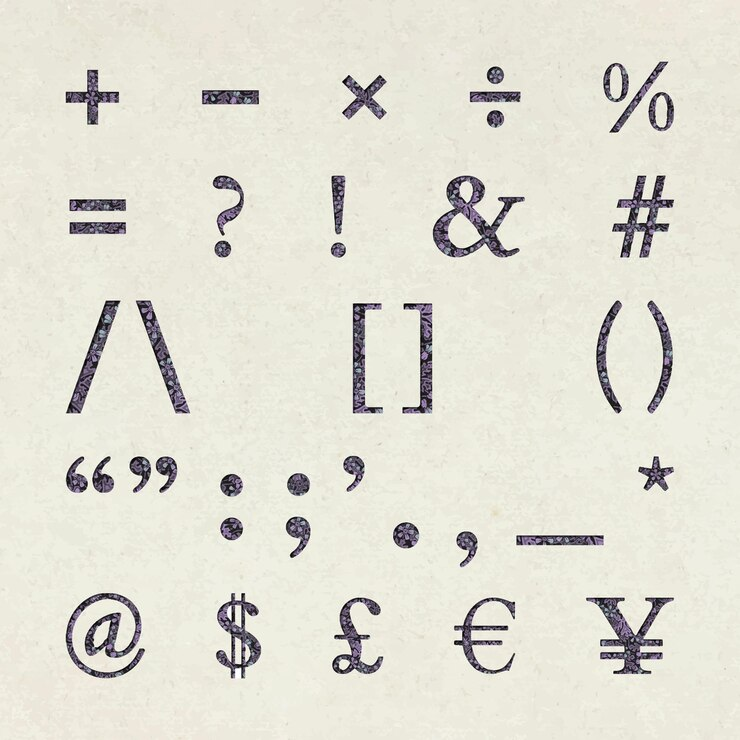Self-writing has always been an important part of people's lives. You've probably heard of such classic genres as autobiographies, memoirs, and personal essays. But just decades ago, we also witnessed the emergence of other genres, like autotheory (a mix of theoretical and autobiographical elements) and autofiction (a mix of fictional and autobiographical elements).
Writing about yourself can be seen as the easiest thing to do because you just write about what you know, right? In reality, it is much more complicated. I was writing my thesis in the genre of autotheory, and one of the conclusions I reached was that writing about yourself is very hard. The understanding that you have to be vulnerable and honest—though to a certain point to avoid merely trauma dumping—and that you will be perceived, judged, and analyzed as yourself through the text, made me reconsider everything I thought about self-writing.
So, let's talk about some reasons why people write about themselves. I would say the first three reasons I found are quite interconnected.
To document your experience
For this reason, I would highlight the importance of documenting your life for yourself. Writing a diary would be a great example of that. It is mostly done just for oneself, and never supposed to be read by anyone else, which makes it even more unfiltered, raw, and sincere. Interestingly, it can be helpful for others as well, as in the case of The Secret Diaries of Miss Anne Lister. Her diary wasn't just found to be the text documenting the experience of the first modern lesbian. It also provided us with details on social, political, and economic events of her time. And, the fact that some parts of her diary were written in a code (a combination of Greek, Latin, mathematical symbols, punctuation, and the zodiac) makes it even more intriguing as if she clearly never intended it to be read by others.
To showcase different experiences (for others)
I believe this reason continues and complements the previous one. Here, I want to highlight the intentionality behind it. As we mentioned earlier, in the case of writing a diary, you don't expect anyone to read it. However, in this case, the person writes their text purposefully so that other people can read it, learn about their experiences, and relate to them.
One of my favorite examples of this type of text is Inferno by Eileen Myles. It's a novel that is partly autobiographical, where we read the story of a young writer in New York discovering their sexuality and their place in the creative world. I refer to this type of book as one where nothing and everything is happening at the same time. I love it. You read about a normal life of someone just like you.
Writing about yourself as a political act
This is honestly my favorite type of personal writing. I often see this in genres such as essay or autotheoretical texts. This kind of writing is not just intentional but carries a very specific goal. Stacey Young—who coined the term “autotheory”—says that autotheoretical texts are written in a way that challenges existing literary and political norms. They blend theory and autobiography and give voice to underrepresented communities. So, it's not just about your own experience; it's about putting it into a political context and analyzing it within. That is why autotheory is relatively popular among women and other individuals from different marginalized groups. I believe these texts are particularly important because they make different narratives visible and create a wider representation.This is honestly my favorite type of personal writing. I often see this in genres such as essay or autotheoretical texts. This kind of writing is not just intentional but carries a very specific goal. Stacey Young—who coined the term “autotheory”—says that autotheoretical texts are written in a way that challenges existing literary and political norms. They blend theory and autobiography and give voice to underrepresented communities. So, it's not just about your own experience; it's about putting it into a political context and analyzing it within. That is why autotheory is relatively popular among women and other individuals from different marginalized groups. I believe these texts are particularly important because they make different narratives visible and create a wider representation.
One of my favorite examples of these kinds of texts is Alice Walker’s “In Search of Our Mothers’ Gardens”. It's a collection of essays covering various topics such as womanhood, creativity, the Civil Rights Movement, mother-daughter relationships, and more, all through the lens of personal experience.

Writing about yourself as a way of processing your trauma and/or healing
Thinking about this reason reminds me of two examples. I can't help but think of Sylvia Plath's diaries. For me, it may be one of the rawest documented painful experiences that I've ever read. Someone who is deeply depressed writes about how they navigate everyday life as if there's no one else to hear or be there for them except for this piece of paper. Another example is The Crying Book by Heather Christle. This work is an autotheoretical exploration of one's grief while simultaneously studying everything about tears and crying. This book becomes a blend of intellectualizing and rationalizing emotions, integrating them into something larger while also processing them at the same time.
To leave something behind
I go to a creative writing workshop occasionally, and during one of the first meetings, a participant mentioned that they were working on a book about their life. A few sessions in, turned out that recent events had made them drastically reconsider their life and what legacy they wished to leave behind. This realization about the fragility of life became the inspiration for writing the book as a way to leave something meaningful—a piece of themselves—when they pass away. Honestly, I find myself thinking about this person every other day.

I know it's such a cliche, but I often reflect on Virginia Woolf's famous book A Room of One's Own, where she urges women to write all kinds of books about their lives, history, biography, criticisms, philosophy, science, or even just a stream of consciousness. She says that all kinds of books influence each other, and I feel the same way about different experiences as well. Reading about different discourses can make you reflect on your own life and, who knows, maybe even inspire you to write your story down.





